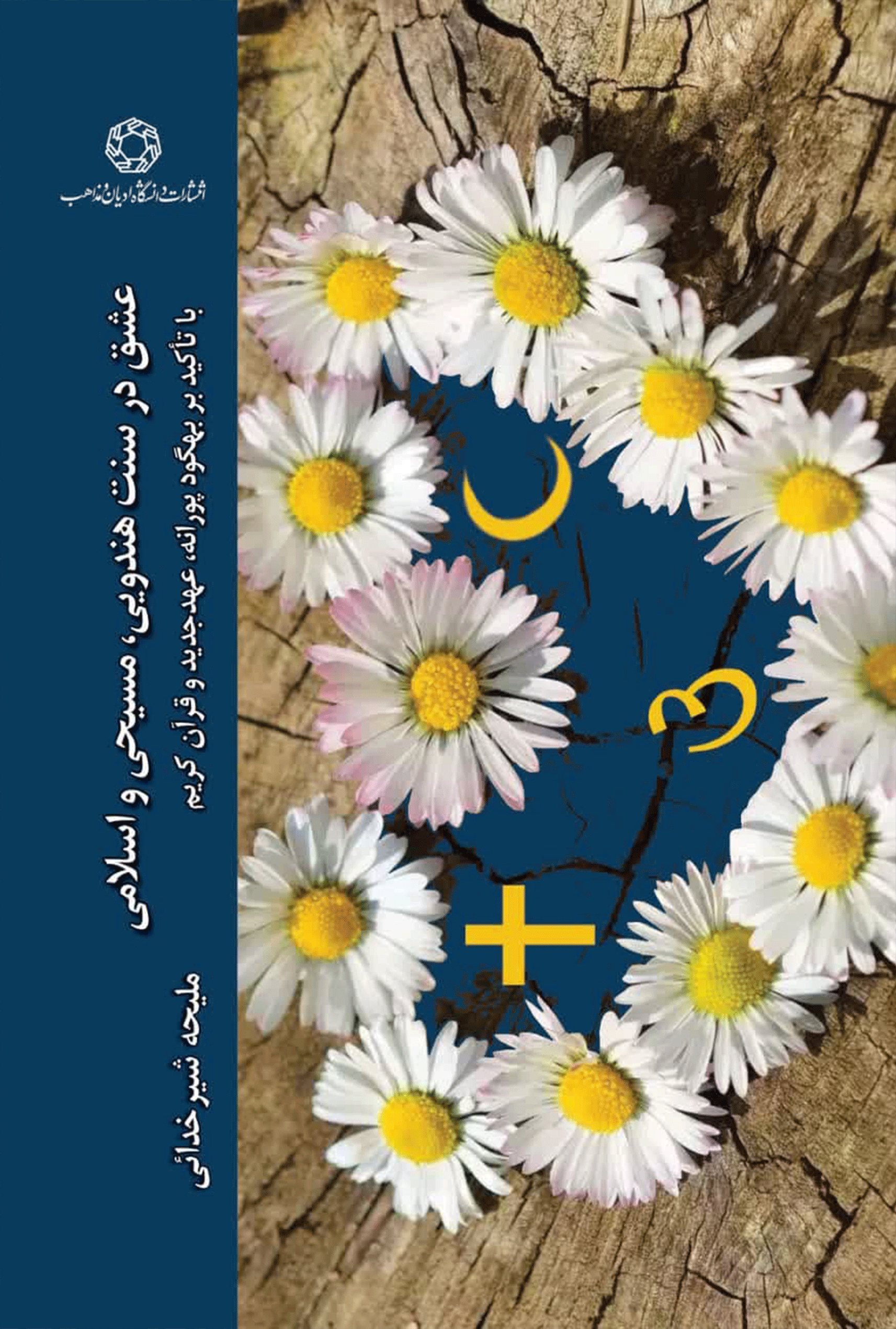Love in Hindu, Christian, and Islamic Traditions with a focus on Bhagavata Purana, the New Testament, and the Quran
Love is a subject that has sparked countless debates since the dawn of humanity. It has always remained a paramount concern and holds great significance. Each religious school of thought and tradition has offered its own unique conception of love, giving rise to numerous trends in its explanation.
This research examines the concept of love within three traditions: Hinduism, Christianity, and Islam. Specifically, it focuses on the Bhagavata Purana, the New Testament, and the Quran, respectively. In the Hindu tradition, love is referred to as “bhakti,” signifying a state of continuous and sincere devotion. In Christianity, it is known as agape, representing a selfless and unconditional love for God the Father. Within the Islamic tradition, particularly in the Quran, it is referred to as “hubb.”
The intense love residing within the heart of a spiritual seeker ignites a new life and ultimately leads to a reunion with God. The primary focus of this book is to demonstrate that love, as portrayed in the Bhagavata Purana, the New Testament, and the Quran, leads to catharsis and the purification of the devotee’s spirit. In all three traditions, there is a belief that love served as the driving force behind creation.
Furthermore, what ultimately leads to salvation and human well-being is the love of God. Conducting a comparative study of the concept of love and its various manifestations within the aforementioned traditions can be instrumental in fostering mutual understanding among them.
| Author | Maliheh Shirkhodaee |
|---|---|
| Cover Type | paperback |
| Publication status | |
| Publication Year | 2023 |

